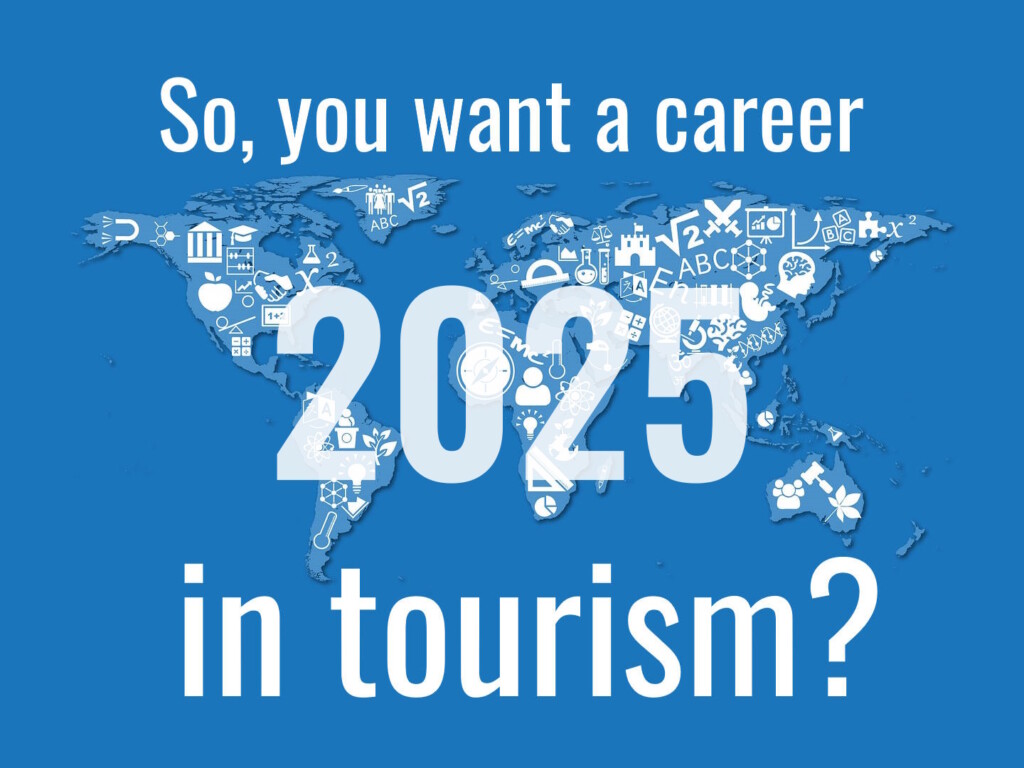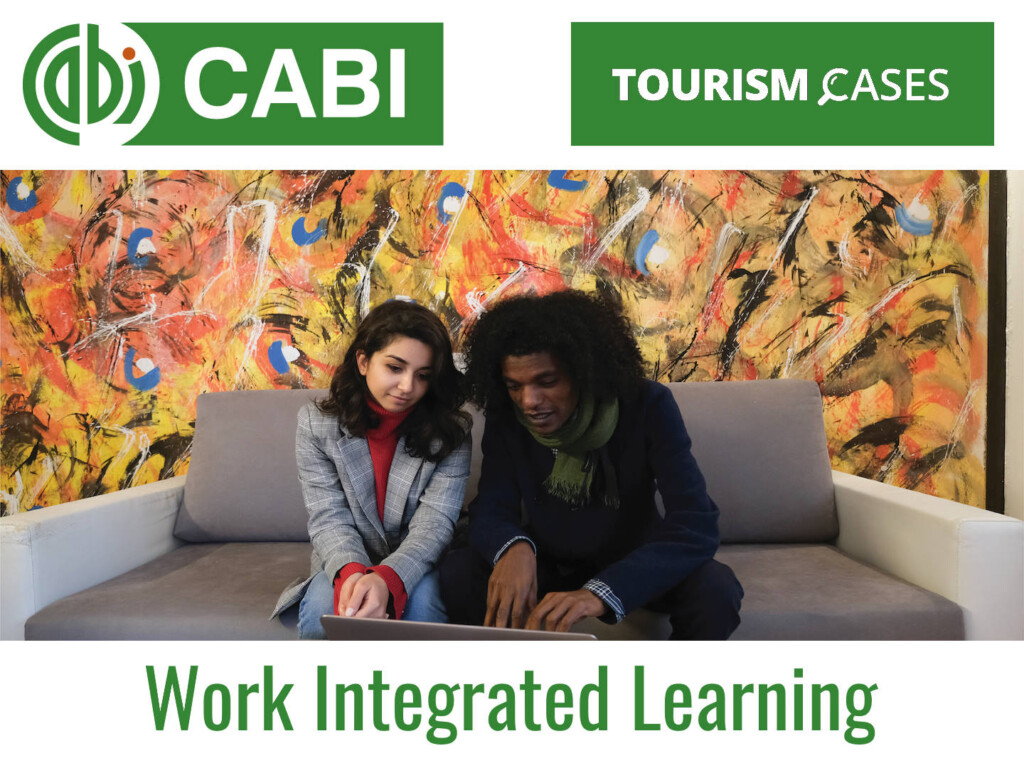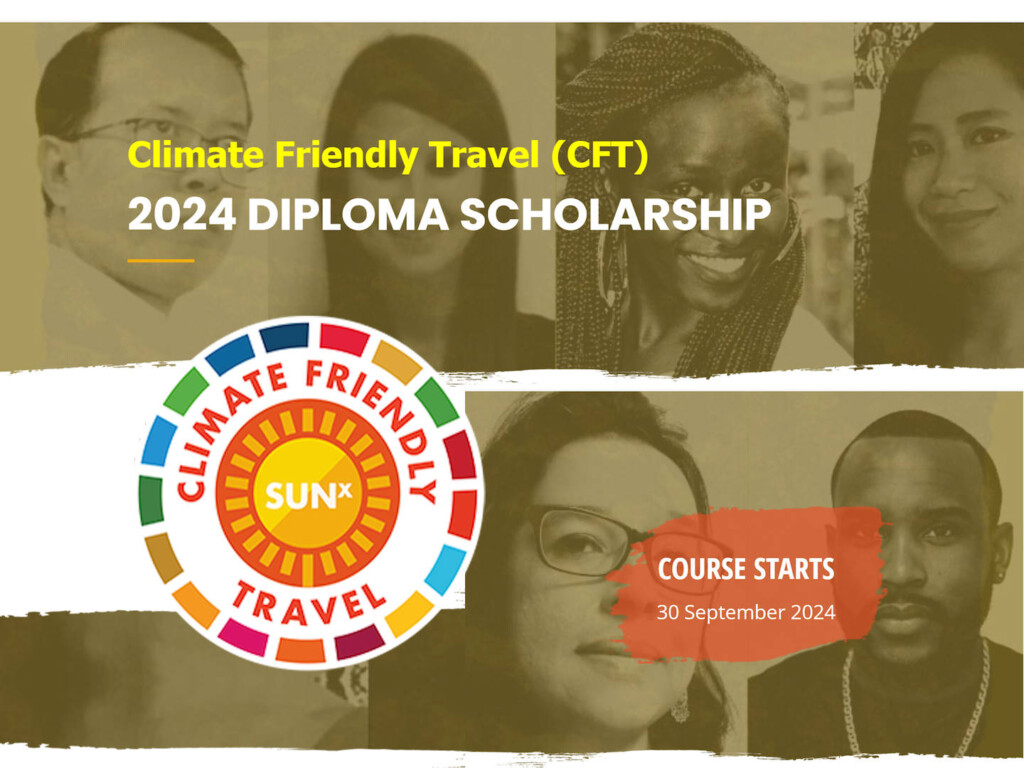Travel & tourism education and training are vital to the tourism industry. With the increasing demand for travel & tourism services, there is a growing need for skilled professionals in this field. Education and training in this area prepare individuals to be proficient in various aspects of travel & tourism, including hospitality, customer service, marketing, and management.
There are various types of travel & tourism education and training programmes available, ranging from certificate programmes to advanced degrees. Certificate programmes are typically shorter in duration and focus on specific skills, such as tour guiding or hotel management. Associate and bachelor’s degree programmes provide a broader education and cover topics such as marketing, accounting, and human resources. Master’s and doctoral programmes are available for those interested in research and teaching.
Education and training programmes can be found at colleges and universities, vocational schools, and specialised tourism training institutes. These programmes can be completed online or in-person, and some may include internships or practical experience opportunities.
In addition to traditional education and training programmes, there are also industry certifications and professional development programmes available. These programmes are designed to enhance skills and knowledge in specific areas of the tourism industry and demonstrate expertise to potential employers. Examples of certifications include Certified Hospitality Administrator (CHA) and Certified Travel Associate (CTA).
The benefits of travel & tourism education and training are numerous. They provide individuals with the necessary skills and knowledge to excel in their chosen careers, and they also increase their chances of finding employment in the competitive tourism industry. Additionally, education and training can lead to higher salaries and advancement opportunities.
Overall, education and training are crucial for the success of the travel & tourism industry. As this industry continues to grow and evolve, it is important for individuals to stay up-to-date with the latest trends and technologies. Education and training programmes provide a solid foundation for individuals to build their careers and contribute to the tourism industry.
References:
- Gannon, M. J., & Roper, A. J. (2017). Understanding Global Cultures: Metaphorical Journeys Through 34 Nations, Clusters of Nations, Continents, and Diversity. Sage Publications.
- Mason, P. (2015). Tourism impacts, planning and management. Routledge.
- Ritchie, J. R. B., & Crouch, G. I. (2003). The competitive destination: A sustainable tourism perspective. CABI.






